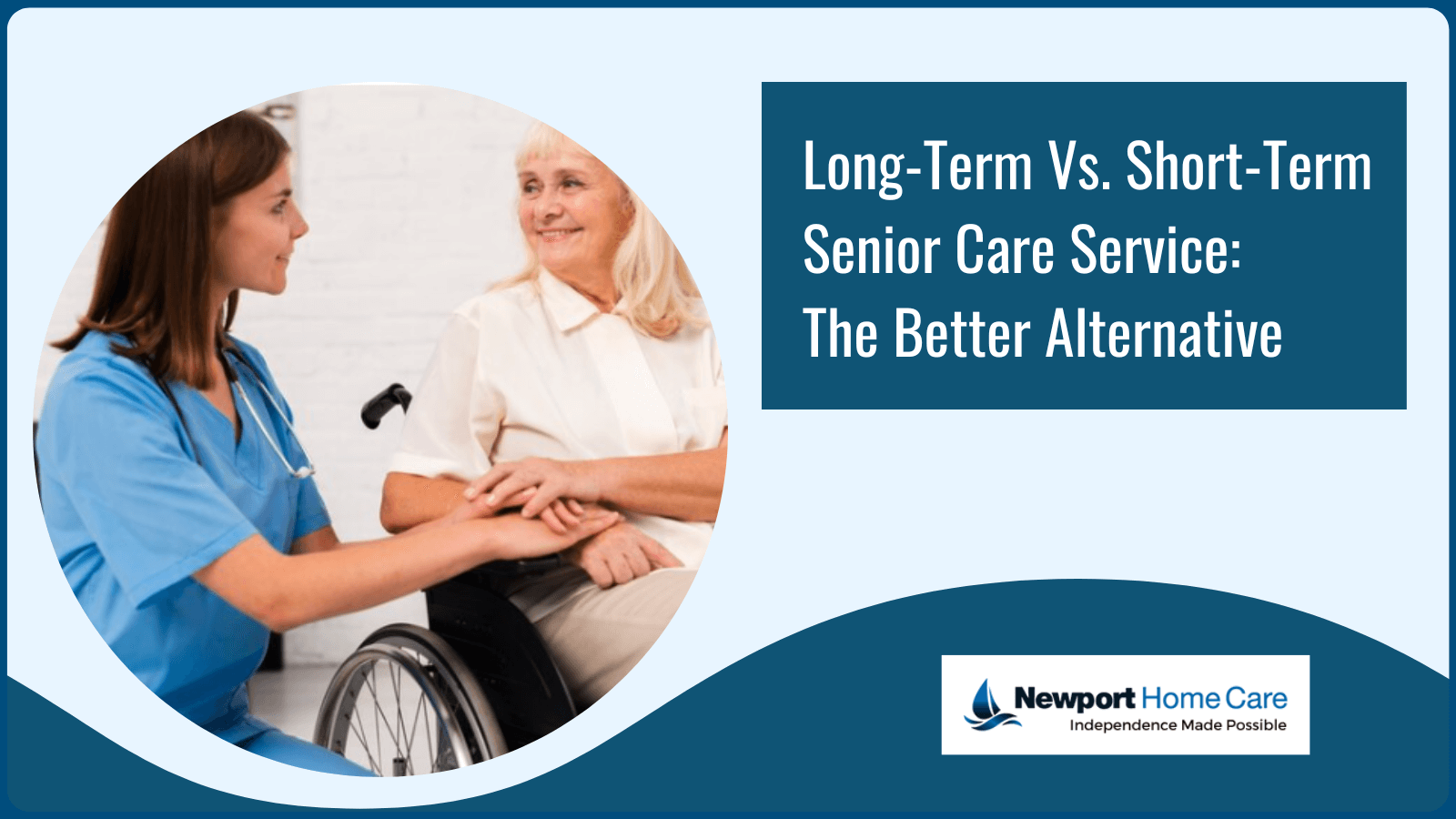Quality elder care services are experiencing an increasing demand in the United States. This is due to the increasing senior population with specific needs related to their health and daily activities. Caregivers are the people who assist seniors with daily living and take care of their physical and mental health requirements. They can either be a family member, an acquaintance, or a trained and certified professional. In 2020, there were 41.8 million unpaid caregivers in the country. However, professional elder care is in demand due to a rise in debilitating health conditions among seniors, as is evident in the employment growth rate for home health and personal care aides, projected to rise by 22% between 2022 and 2032.
While you may be a caregiver for your loved one, there comes a time when you need specialized elder care services for them. You may choose between long-term and short-term elder care based on their specific needs.
What Is Long-Term Senior Living?
Long-term senior living includes care facilities that offer various services ranging from assistance in daily activities to intensive nursing support for your loved ones when they can no longer independently perform activities of daily living (ADL). Seniors with debilitating chronic conditions or degenerative diseases need long-term elder care facilities that can extend for an indefinite period. With 24/7 quality elderly care from trained caregivers, seniors can live independently and improve their quality of life.
What is Short-term Senior Living?
Short-term senior living involves temporary care for seniors, lasting from a few days to several weeks. Most commonly, seniors who suffer from an injury or illness or are recovering after surgery. Besides helping seniors perform their daily activities, caregivers provide rehabilitation care to ensure their recovery is smoother and faster. Once the seniors regain their stamina and mobility, they return to their prior living arrangements, either independently or with their regular caregiver.
Differences in Long Term Vs. Short Term Elder Care
Though long-term and short-term elder care is similar, they differ.
Long-term elder care focuses on improving their quality of life to the best possible standard. Short-term elder care focuses on the recovery and rehabilitation processes of your loved one, allowing them to regain their ability to live independently again.
Long-term elder care includes comprehensive healthcare services to monitor and evaluate progressive health conditions. Short-term elder care focuses more on rehabilitation-focused healthcare for immediate post-injury, illness, or surgery needs.
How Do You Choose the Correct Type of Senior Care for Your Loved One?
Whether opting for long-term or short-term elder care for your loved one, their safety and well-being should be your top priority. Various factors play a role in determining the appropriate type of elder care:
If you find yourself as the primary caregiver, and the responsibilities are affecting your physical and mental health, short-term elder care could be a suitable choice. This option allows a professional caregiver to assist your elderly family member in their daily activities, giving you a much-needed break to recharge.
In cases where seniors require professional rehabilitation and therapy sessions for recovery, short-term elder care offers the focused attention necessary to regain their previous levels of wellness.
If your loved one's health is progressively declining, demanding round-the-clock healthcare and assistance in various aspects of daily life, long-term elder care may be the optimal solution. Additionally, long-term living facilities provide a comfortable environment, fostering increased interaction with other residents, which positively influences their mental health.
Exploring the Choice Between Long-term and Short-term Care
Choosing the correct type of elder care for your loved one can be challenging as you must know the better alternative. While deciding between long-term and short-term elder care, don’t forget to consider their unique health and lifestyle requirements. The chosen elder care should prioritize their safety, comfort, and ability to live their best life independently or with assistance.
Ensure Quality Elder Care for Your Loved Ones with Newport Home Care
At Newport Home Care, we offer personalized and specialized elder care services designed after consultations with patients and their families to ensure optimal outcomes. Our caregivers have the requisite skill and experience to provide the highest standards of elder care with dignity, integrity, and compassion. For more details on our specialty services, contact us today.


